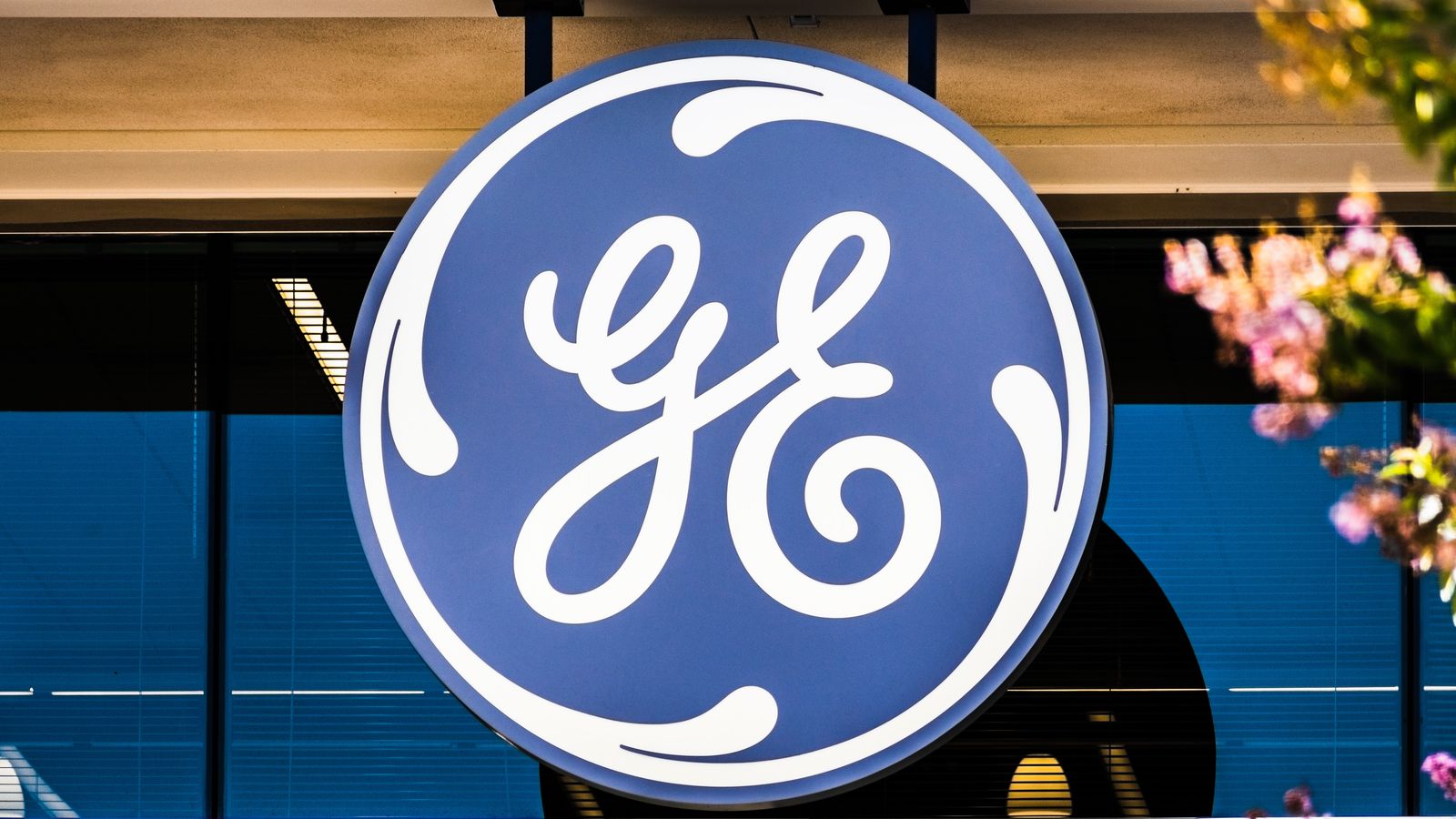In early June, it appeared all the tumblers were coming into place for General Electric (NYSE:GE). After over a year of cost cutting and streamlining, the company looked like things might be turning around. In the first five trading days of June, GE stock climbed over 25%, nearly in lockstep with Boeing (NYSE:BA) stock.

But in this case, what goes up fast can come down just as hard. And in the case of GE stock, the stock has given up all of its gains as new cases of the novel coronavirus are threatening to cool the embers of the economic recovery.
In the past, General Electric was a stock that investors ran to in times of economic uncertainty. But in those days, GE was in defensive industries and offered a strong dividend. That’s not the reality of GE today.
The company reshuffled the deck, but for now, there’s nothing in their hand that makes me want to invest.
The Novel Coronavirus Came at a Really Bad Time
In the company’s first-quarter earnings call, chief executive officer Larry Culp confirmed what many investors already knew. It’s going to be rough sledding for GE in the next quarter. And that the company was facing some challenging times.
So let me tell you what we do know. The second quarter will be the first full quarter with pressure from COVID-19, and we expect that our financial results will decline sequentially before they improve later this year. The bottom line is we have some challenging times ahead …
I had my doubts, but I’ve been impressed with the discipline and execution that Culp has brought to GE. He had an unenviable job and has accomplished a great deal. It’s been no small feat winning back the trust of analysts. But in addition to getting the company’s financial house in order, Culp has streamlined the business.
Right now, the company is still a conglomerate, but the parts seem to relate better. But the underlying question is whether the whole is greater than the parts.
This Is Not Your Parents General Electric
Larry Ramer writes about General Electric’s future-facing portfolio. The company is operating in many areas that represent the future of our nation. The electric power grid, wind turbines, digital technology, and renewable energy are all part of the company’s product portfolio. And with core offerings in health care and aviation, it seems that the company would be a sexy pick among industrial stocks. That would probably be true if this were 2017 or 2018.
But right now, the economy is struggling to get off its back. Yes, we had an encouraging May jobs report, and the June numbers may also be encouraging. However, the economy is still trying to recover from the novel coronavirus. And while it may not require one of GE’s ventilators, it’s not going to be the V-shaped recovery some had hoped.
The General Electric of Jack Welch was perhaps the ultimate defensive stock. Today, the company needs a robust economy for success. And that’s probably at least a year away. The simple truth is that Culp was dealt a bad hand in the midst of a robust economy. He’s played that hand really well all things considered, but without a vibrant economy, the company looks stuck in neutral.
GE Stock Looks About Right
Investors don’t seem to have a lot of conviction on GE stock one way or the other. They seem to be building a line of support at around $6.50. But the immediate question is if there’s any reason to believe investors will send the stock back to around $8.50. And then the other question is that really enough incentive to buy the stock right now?
The company did pay its greatly reduced dividend. But at a single penny per share, GE has a long way to go to return to its days as a dividend darling.
With all that said, I think GE stock could be a long-term option. But until business conditions improve across all areas, there’s really no reason to initiate a position.
Chris Markoch is a freelance financial copywriter who has been covering the market for over five years. He has been writing for InvestorPlace since 2019. As of this writing, Chris Markoch did not hold a position in any of the aforementioned securities.
